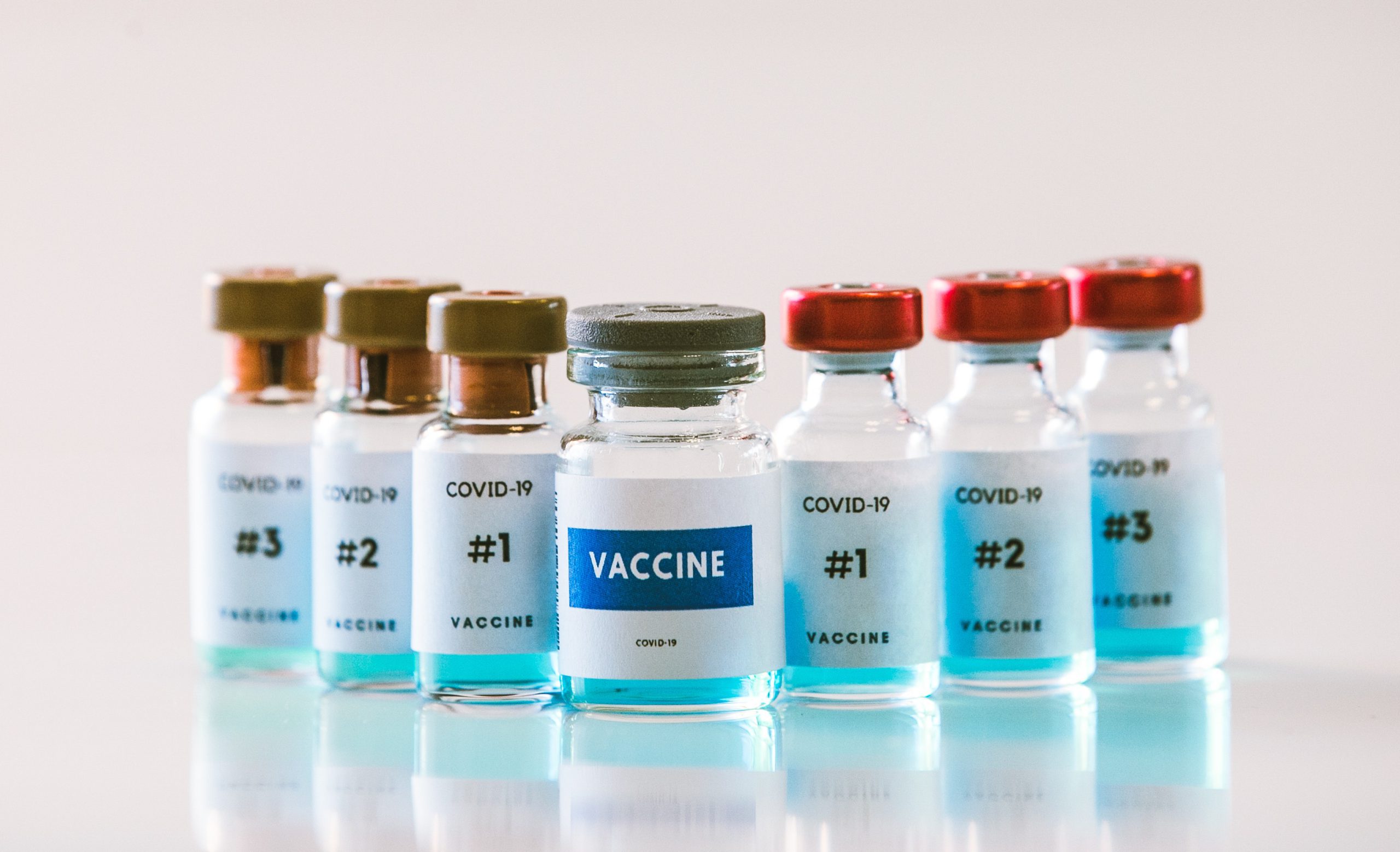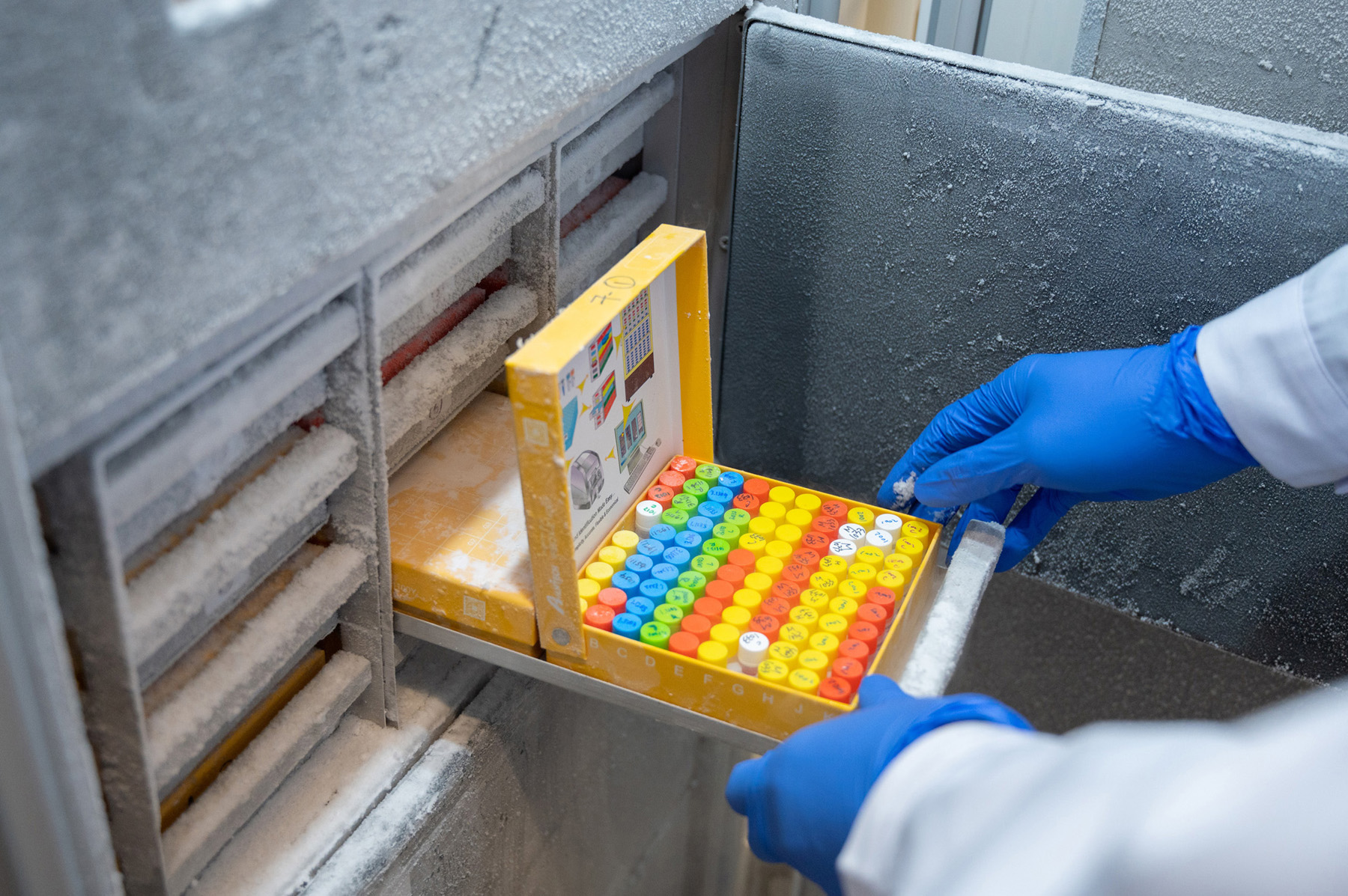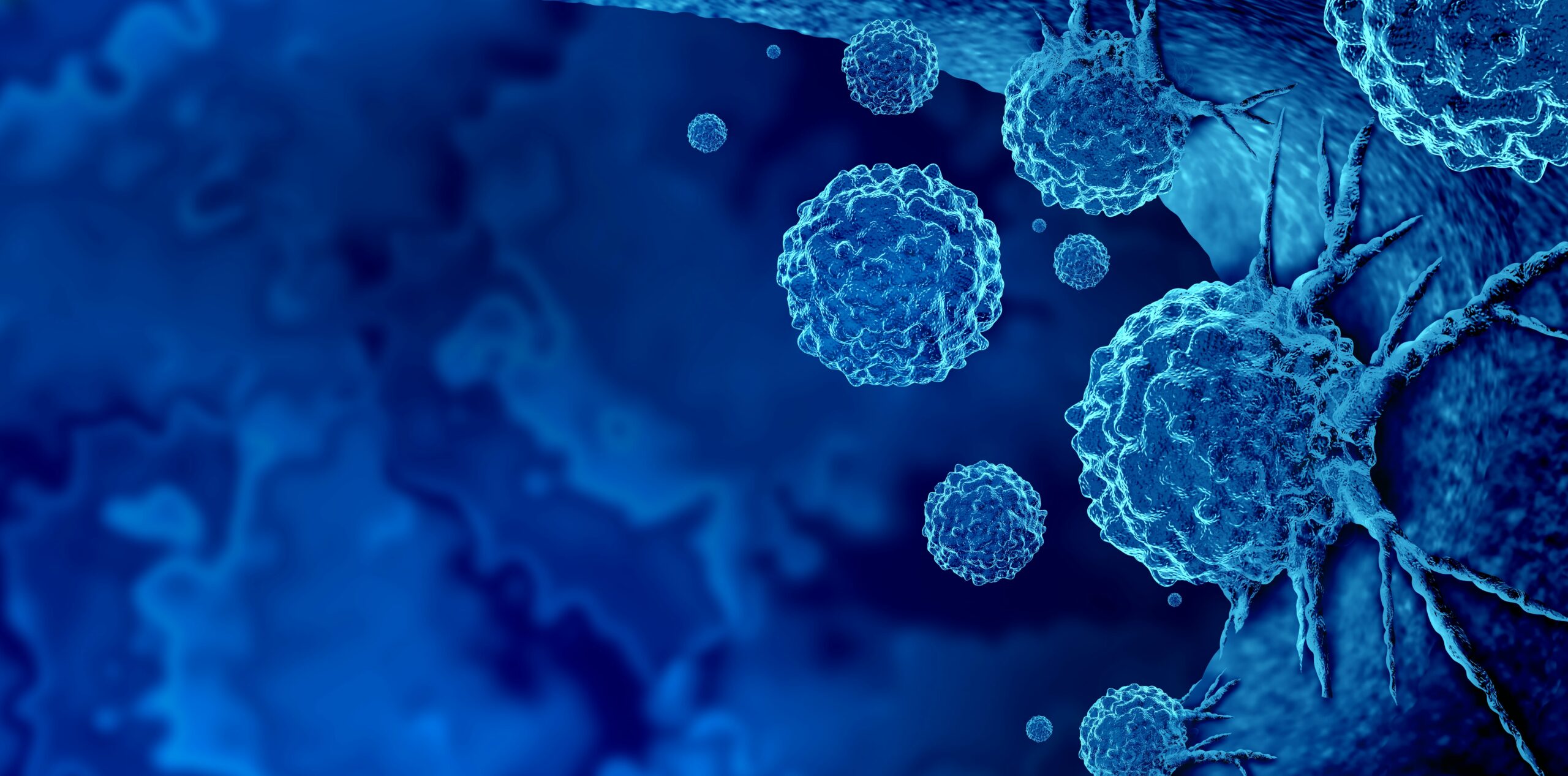Vaccination can provide recipients with effective protection and reduce the risk of developing severe illness and death from infection with COVID-19. But the problem is how and what vaccine regimen to choose from a wide range of combinations.
The efficacy and effectiveness of individual vaccine products for COVID-19 and its variants of concern are well known. However, research on the effectiveness of multidose vaccine regimens and combinations, especially for populations such as older people and those who are immunocompromised, is lacking.
A research team from The Chinese University of Hong Kong (CUHK)’s Faculty of Medicine (CU Medicine) is the first to perform a comprehensive study with the largest sample size to date to compare the vaccine efficacies of 24 combinations of COVID-19 vaccine regimens comprising seven types of vaccines worldwide. Results showed a three-dose mRNA regimen, when compared to only two doses of vaccines of any kind, greatly decreases the risk of immunocompromised and elderly patients developing asymptomatic or symptomatic COVID-19 infections and that, most importantly, a third dose of the vaccine is required to protect against Omicron infection. The findings will aid in formulating public health policy, clinical recommendations to patients and research on COVID-19 vaccination. This finding has recently been published in top medical publication The British Medical Journal (BMJ)..
Analysis covers 53 studies featuring 100 million subjects from around the world
Researchers from CU Medicine searched 38 WHO COVID-19 databases on a weekly basis to capture the latest updates on the COVID-19 vaccine research. They included 53 studies covering more than 100 million subjects from 15 countries in the network meta-analysis and used a three-level Bayesian hierarchical approach to combine evidence from randomised and non-randomised studies, which minimises potential uncertainty associated with study designs. The seven types of vaccines covered were BioNTech, Moderna, AstraZeneca, CoronaVac, Novavax, Bharat Biotech and Janssen.
Professor Peter Pak Hang CHEUNG, Assistant Professor of the Department of Chemical Pathology at CU Medicine, remarked, “This statistical [Bayesian hierarchical] approach enables us to examine real-world evidence of vaccine efficacy that is more relevant to the general public, clinicians and public health policymakers.”
The CU Medicine team summarised the available evidence regarding the efficacy of currently available heterologous and homologous COVID-19 vaccine regimens and ranked them according to their ability to prevent SARS-CoV-2 infections and hospitalisation. These are the key findings:
- An mRNA booster to any primary vaccination confers protection against non-severe COVID-19 infections as well as a homologous three-dose mRNA regimen (96%). This should encourage individuals who have completed a primary course to receive a third dose of mRNA vaccine, boosting their immunity.
- Any homologous or heterologous three-dose regimen induces a significantly higher level of immunity in the elderly than a two-dose homologous regimen, comparable to that seen in all other age groups.
- A three-dose mRNA regimen significantly decreases the risk of immunocompromised patients developing asymptomatic or symptomatic COVID-19 infections (94%), whereas a two-dose mRNA regimen is significantly less effective (72%).
- Most importantly, a third dose of mRNA vaccine is required to protect against Omicron infection.
Professor Cheung added, “Our findings provide estimates of the efficacy of 24 different COVID-19 vaccine regimens, which will aid significantly in formulating public health policy, providing clinical recommendations to patients and research on COVID-19 vaccination. We will update the results when new published studies or preprints become available.”












